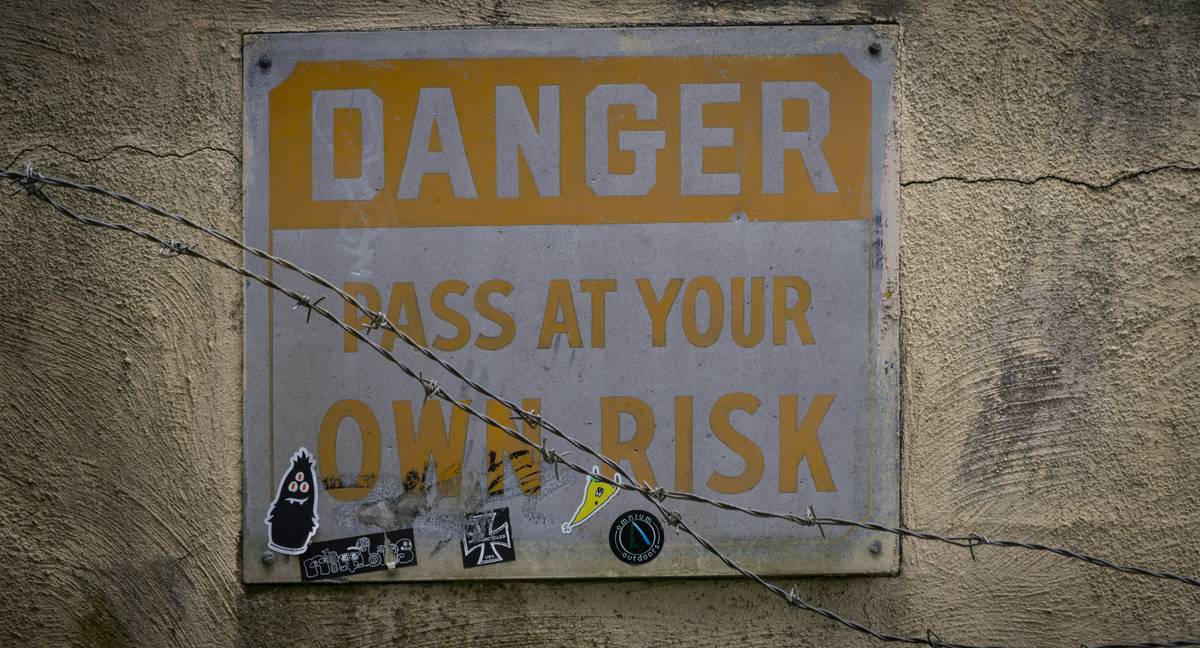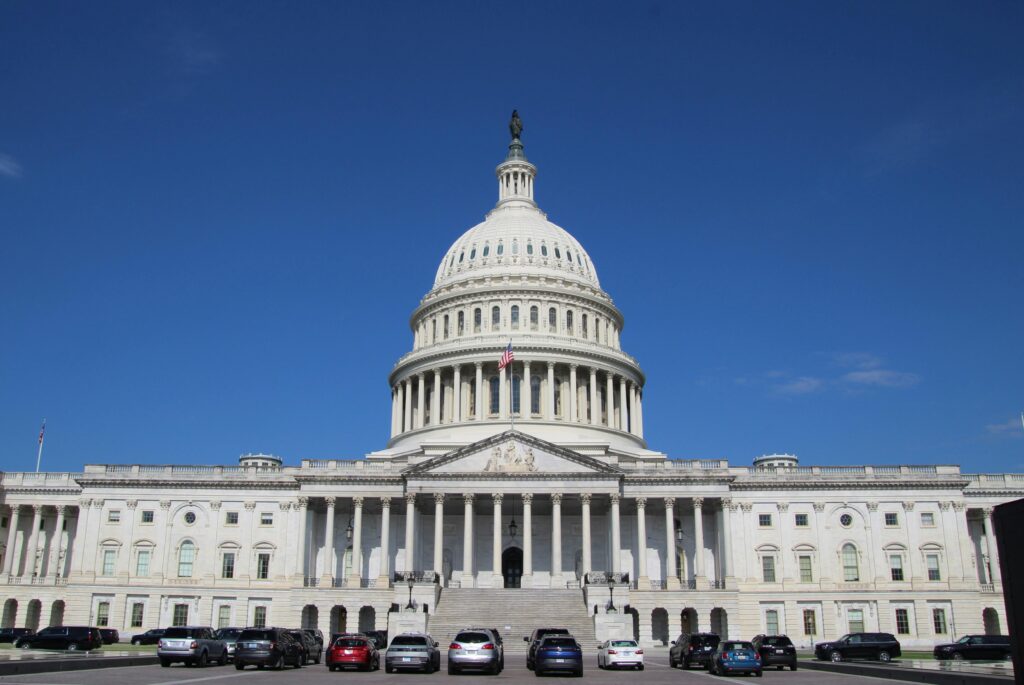“Ever thought your business was safe with political risk insurance—only to find out you’re still on the hook for a lawsuit? Yeah, us too.”
Navigating the world of political risk insurance can be tricky, especially when it comes to understanding what’s protected and what’s not. One crucial area that often gets overlooked is non-covered activities. If you’re scratching your head wondering how this impacts your financial strategy, don’t worry—you’re not alone. In this post, we’ll tackle:
- What “non-covered activities” really mean in the context of political risk insurance.
- How these exclusions could cost businesses millions.
- Actionable steps to mitigate risks proactively.
Table of Contents
- Key Takeaways
- The Problem with Non-Covered Activities
- How to Identify Exclusions in Your Policy
- Best Practices for Managing Risk
- Real-World Example of a Mistake
- FAQs About Political Risk Insurance
- Conclusion
Key Takeaways
- Non-covered activities are specific scenarios or operations excluded from coverage in political risk insurance policies.
- Failing to understand these exclusions can lead to unexpected liabilities and financial losses.
- Proactive risk management involves thoroughly reviewing policy documents and seeking expert advice.
Why Should You Care About Non-Covered Activities?

Imagine setting up an international operation only to discover that your insurance won’t cover losses stemming from certain activities labeled as “non-covered.” These activities might include violations of trade sanctions, engaging in bribery, or even operating without proper permits. Sounds like something out of a corporate nightmare, right?
Optimistic You: “Well, I’d never do anything illegal!”
Grumpy Me: “Sure, but even unintentional oversights can qualify as non-covered activities. Good luck explaining that to an auditor.”
Confessional Fail Moment
I once advised a client who didn’t double-check their supplier contracts—and they ended up funding illicit transactions. Their insurer refused to pay out, citing exclusion clauses related to prohibited commerce. Oof. It was brutal learning firsthand how much damage seemingly minor oversights can cause.
Here’s How to Spot Non-Covered Activities in Your Policy (Hint: Read Fine Print)

To avoid nasty surprises later, follow these steps:
- Review Contract Language: Dive deep into your policy agreement. Look for terms like “exclusions,” “limitations,” and “non-covered activities.” Don’t just skim; read every line carefully.
- Ask Questions: Consult your broker or insurer directly if anything seems unclear. Phrases like “arising out of” or “related to” are loaded with implications.
- Seek Legal Counsel: A lawyer specializing in international trade laws can help clarify ambiguities. Think of them as your secret weapon against hidden traps.
A Brutally Honest Rant
My biggest pet peeve? Insurers burying critical details in pages of fine print. Seriously, why does it take three hours and a magnifying glass to figure out what’s actually covered? *Chef’s kiss* for unnecessary complexity.
Top Tips to Avoid Falling Victim to Non-Covered Activities
| Tactic | Description |
|---|---|
| Prioritize Compliance | Ensure all operations comply with local and international regulations. No shortcuts! |
| Document Everything | Maintain meticulous records of transactions, communications, and compliance efforts. |
| Invest in Training | Educate employees about potential pitfalls and company policies regarding risky behavior. |
Tip Warning: Never assume “it won’t happen to me.” Complacency kills more than caffeine habits.
Case Study: When Ignoring Non-Covered Activities Cost Big Time
A mid-sized tech firm operating overseas expanded its sales network without checking whether intermediaries complied with anti-corruption laws. Fast forward six months: a whistleblower report led to investigations tied to bribery allegations. Guess what? Their fancy $5 million political risk policy didn’t cover the resulting fines because those acts were classified as…you guessed it, non-covered activities.
Frequently Asked Questions About Political Risk Insurance
- Q: Are natural disasters considered non-covered activities?
A: Not typically. They fall under separate categories like property damage or business interruption unless caused by excluded events. - Q: Can I negotiate which activities are covered?
A: Sometimes, yes. Work with your insurer to tailor coverage based on your unique needs. - Q: Is cybercrime generally included?
A: Often no, though some insurers offer add-ons. Always verify before signing off.
Conclusion
Understanding the nuances of non-covered activities is essential for anyone relying on political risk insurance. While navigating exclusions may feel overwhelming at first, taking proactive steps now will save you headaches—and potentially your wallet—down the road.
So grab another cup of coffee (*because let’s face it, you need it*) and start digging into those policy docs today. Your future self will thank you.
Cheers,
Your Finance Guru (And Occasionally Grumpy Advisor)
Bonus Haiku:
Words in gray folders,
Hidden dangers lurk within,
Read fine prints closely.


